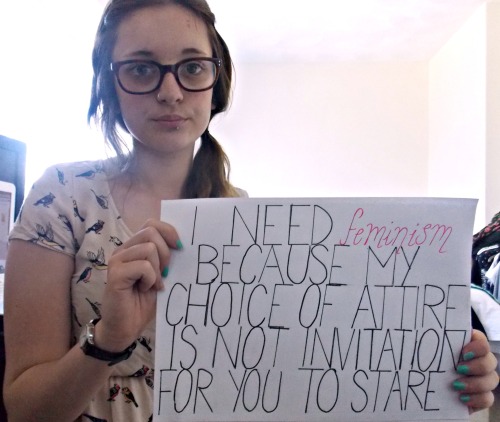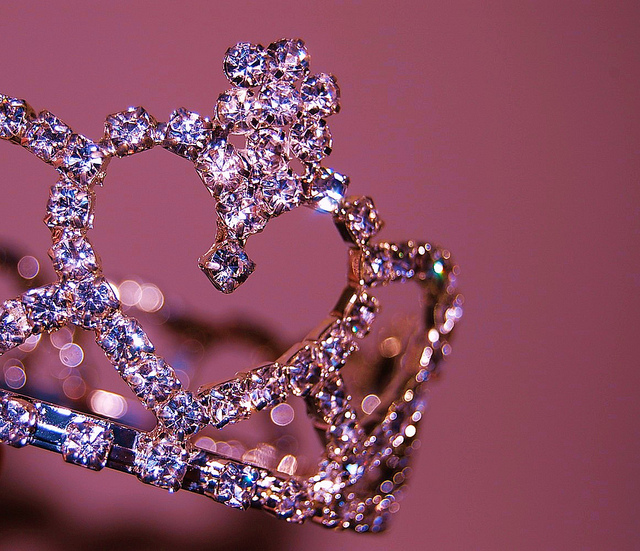In my senior year of high school, I was working on yearbook and
often needed the principal’s approval for editorial decisions, so the office
became my frequent hangout. Because I was in their workspace so much, I made
friends with all of the secretaries. Getting close with school secretaries was
something I had always done, though; my mother worked in secretarial positions
for many years, and she always taught me to act like a mensch towards secretaries.
Beyond the fact that they are human beings who deserve to be treated with
respect, it’s often incredibly valuable to have a friend who can make you
copies and slip you a few dollars from the petty cash stash. Secretaries are
the ones who get stuff done.
And so, I have always spoken to serctearies in the same manner I
would speak to any elder. I guess it’s just because of my mom’s influence, but
I always go out of my way to be courteous to secretaries. When I got tagged to
#feedthedeed on Facebook a few months back, I never bothered doing it. I
thought it was wonderful that my Facebook friends were going out of their way
to show their appreciation for secretaries, security guards, custodians, and
other people with “menial” jobs, but didn’t see the need to do it myself. I
treat all of the secretaries with whom I interact with politeness every day, so
why do I need to take photos of it and post them on social media to prove it?
The fact that Facebook campaigns like #feedthedeed exist just come
to show that my attitude is not terribly widespread. It’s no secret that secretaries
are usually devalued in our society. I have always known this to be true, based
off of my peers’ (and superiors’) treatment of the same secretaries who I befriended.
So I guess I understand why a new euphemism for secretary, administrative
assistant, has started to become popular. When I first heard it in high
school, it took me a moment to get past the fancy jargon and realize that the chief administrative assistant really
just means head secretary. But I
don’t blame the women who worked in the school office for opting to describe
their job as administrative assistant
instead of secretary. If secretaries
don’t get much respect in our society, maybe administrative assistants will.
But why even is there shame in being a secretary? Secretarial
positions are jobs like everything else, behind a desk and answering phone
calls from 9-5. Well, I don’t think it’s a coincidence that secretaries are predominantly
women [find percentage]. Devaluing secretaries is part of blaming women for
their own oppression, stigmatizing them for serving in submissive, low-paying positions
while simultaneously blocking them from achieving higher-paying, more
prestigious positions by stopping their progress (or any hopes of it) with a
glass ceiling.
My default will always be to call them secretaries, but if they
wish to be administrative assistants instead, then those of us on the opposite
side of the desk should honor that preference. But regardless of their label, we
need to stop thinking of secretaries as beneath us and start treating them as the
equals they are. They’re people, and should be treated with respect by virtue
of their humanity. Women especially should take pains to show solidarity with
secretaries, since we are all subjects to the same oppression. A fragmented
movement is a weak one. How can we hope to dismantle the power structures that
keep us down if we do not fight together?






